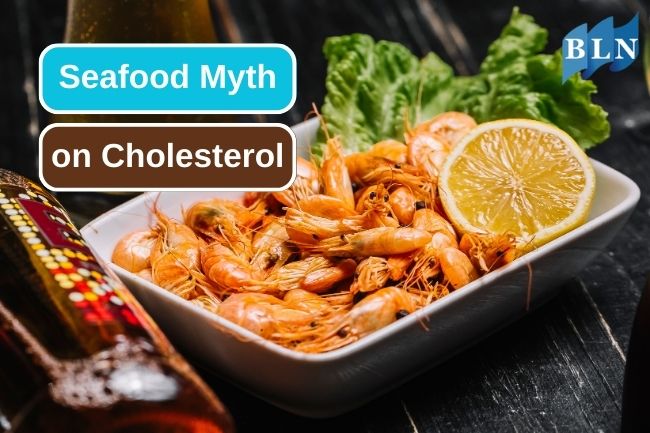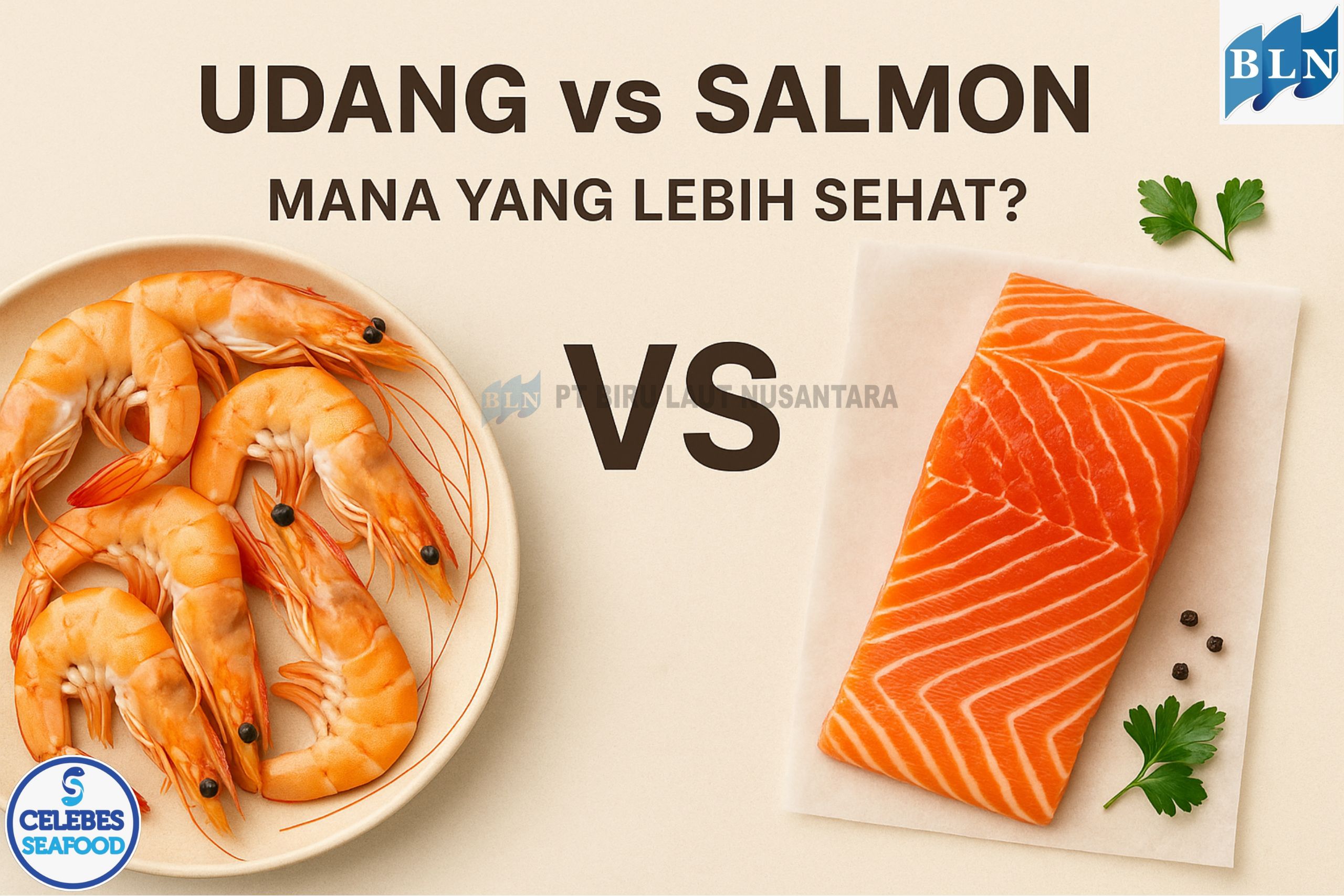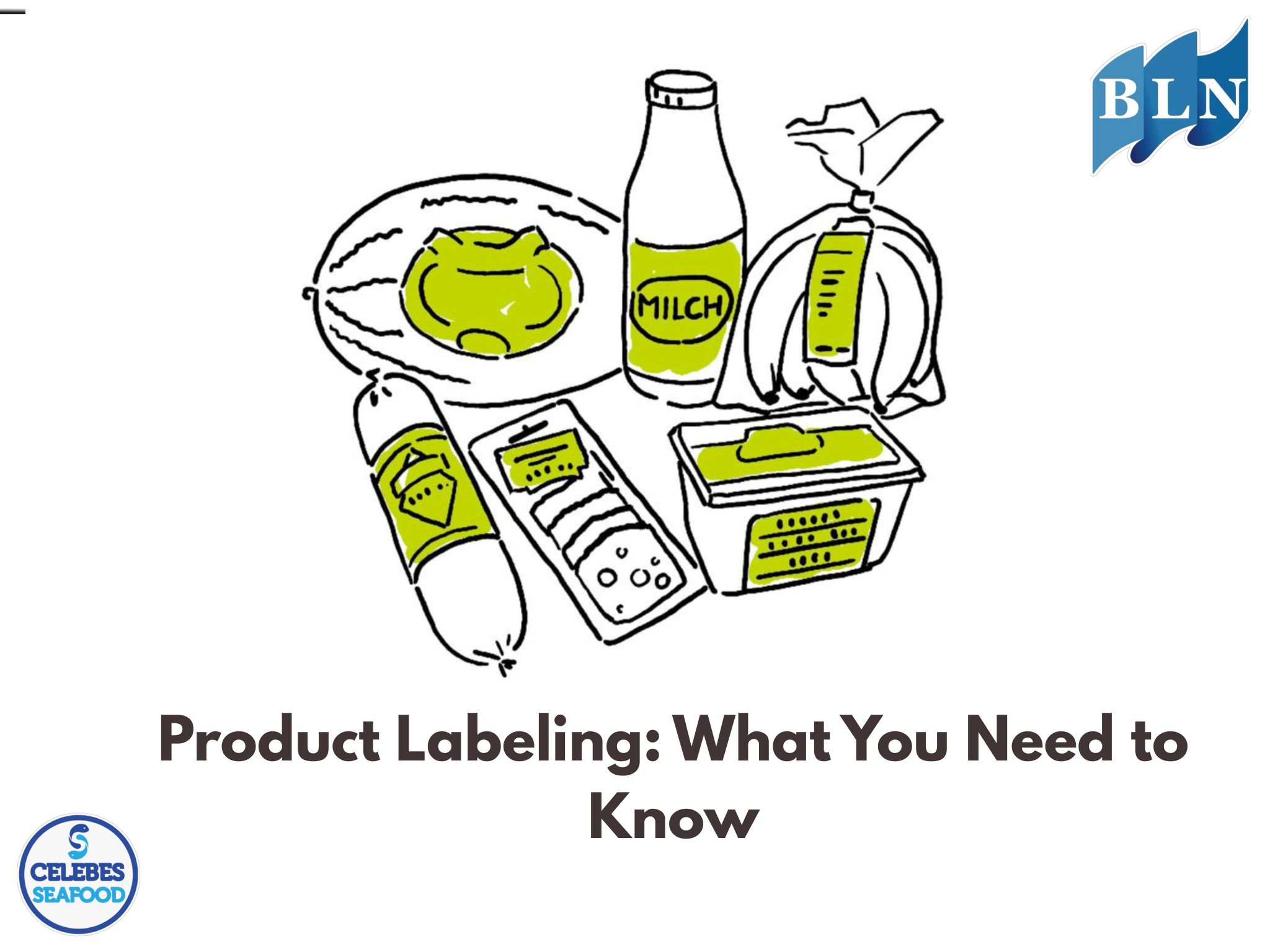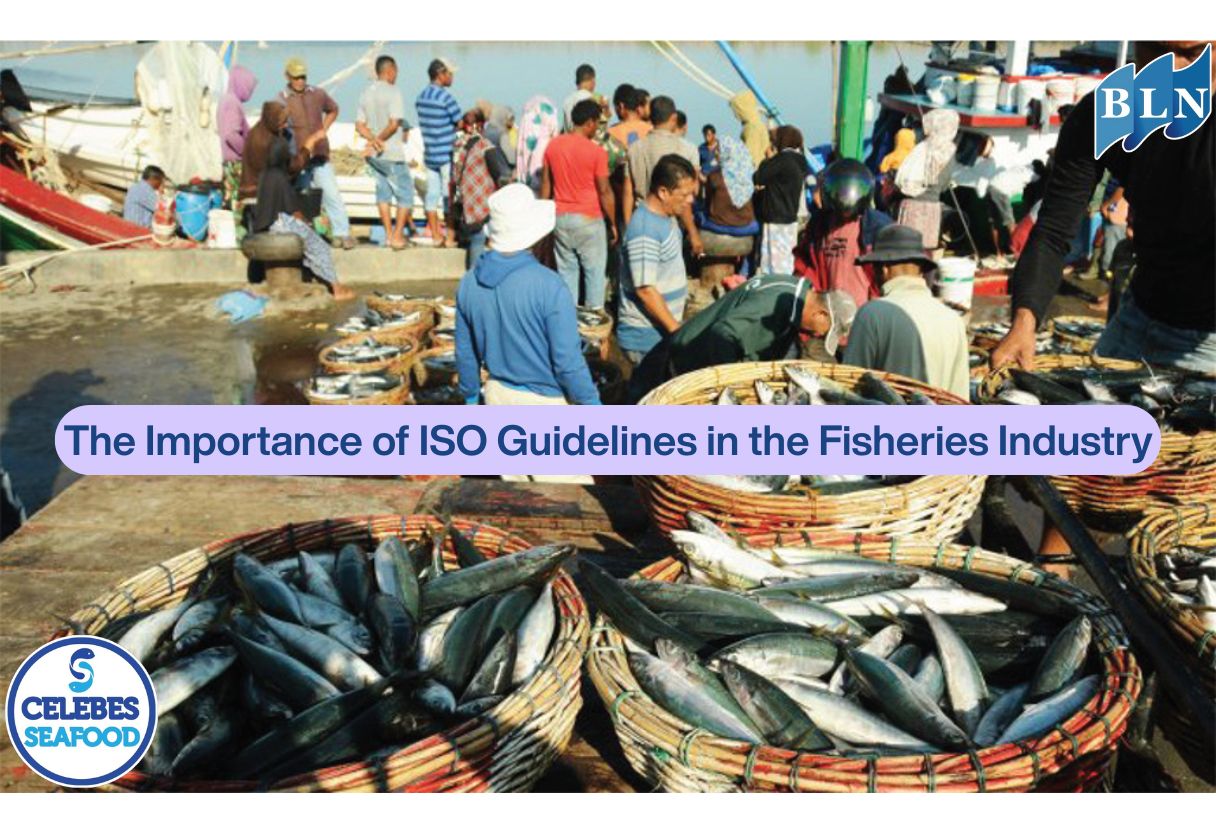Here's The Truth About Cholesterol in Seafood
By. Nevanda - 20 Sep 2023
lautnusantara.com - Cholesterol has long been a public health concern. It is a fat found in the blood, and high cholesterol levels have been linked to the risk of heart disease. Therefore, many people believe that foods high in cholesterol should be avoided, one of which is seafood. However, can seafood really increase cholesterol in the body? Let's discuss some of the myths surrounding high cholesterol in seafood and the real facts.
Myth 1: All Seafood is High in Cholesterol
One common myth is that all seafood is a source of high cholesterol. However, the truth is that not all seafood is high in cholesterol. Seafood such as fish, shrimp, scallops, and lobster are actually low in cholesterol. In fact, most seafood contains lower cholesterol compared to red meat.
Fact 1: Seafood Contains Healthy Fats
Although seafood contains cholesterol, they also contain healthy fats, such as omega-3 fatty acids. These fatty acids are proven to have many benefits for heart health. Omega-3s can help lower triglyceride levels in the blood, reduce inflammation, and improve blood vessel function. Therefore, seafood consumption can actually benefit your heart health.
Read also: Fish vs. Canned Fish - Which Nutrition is Better for You?
Myth 2: Eating Seafood Will Increase Blood Cholesterol
Many people worry that eating seafood will increase blood cholesterol levels. This is because seafood contains dietary cholesterol, which is the cholesterol we get from food. However, studies have shown that seafood consumption does not significantly increase blood levels of LDL cholesterol (bad cholesterol).
Fact 2: Seafood's Effect on Cholesterol is Limited
Seafood can affect cholesterol levels in the blood, but the effect is limited. A number of studies have shown that seafood can increase HDL cholesterol (good cholesterol) levels while not affecting LDL cholesterol levels much. This means seafood may have a neutral or even positive effect on your lipid profile.
Read also: The Fascinating Distribution of Southern Bluefin Tuna
Myth 3: All Ways of Cooking Seafood Raise Cholesterol
There is a myth that all ways of cooking seafood, such as deep-frying or serving with butter, will increase its cholesterol content. But the truth is, the way seafood is cooked can affect the amount of fat and cholesterol added to the dish. While frying seafood in a lot of oil or preparing it with butter can increase the saturated fat and cholesterol content, there are many other healthier ways to cook seafood, such as boiling, grilling or steaming.
Fact 3: The Right Cooking Method Matters
It's important to choose a healthy way to cook seafood, such as grilling or steaming, rather than deep-frying with a lot of oil. Also, you can avoid adding saturated fat by choosing low-fat sauces or seasonings. This will help keep the cholesterol content in your seafood dishes low.
In conclusion, seafood is not the main cause of high cholesterol in the blood, and can actually be part of a healthy diet that supports heart health. However, it is important to choose how to cook seafood wisely and avoid excessive use of saturated fats.








